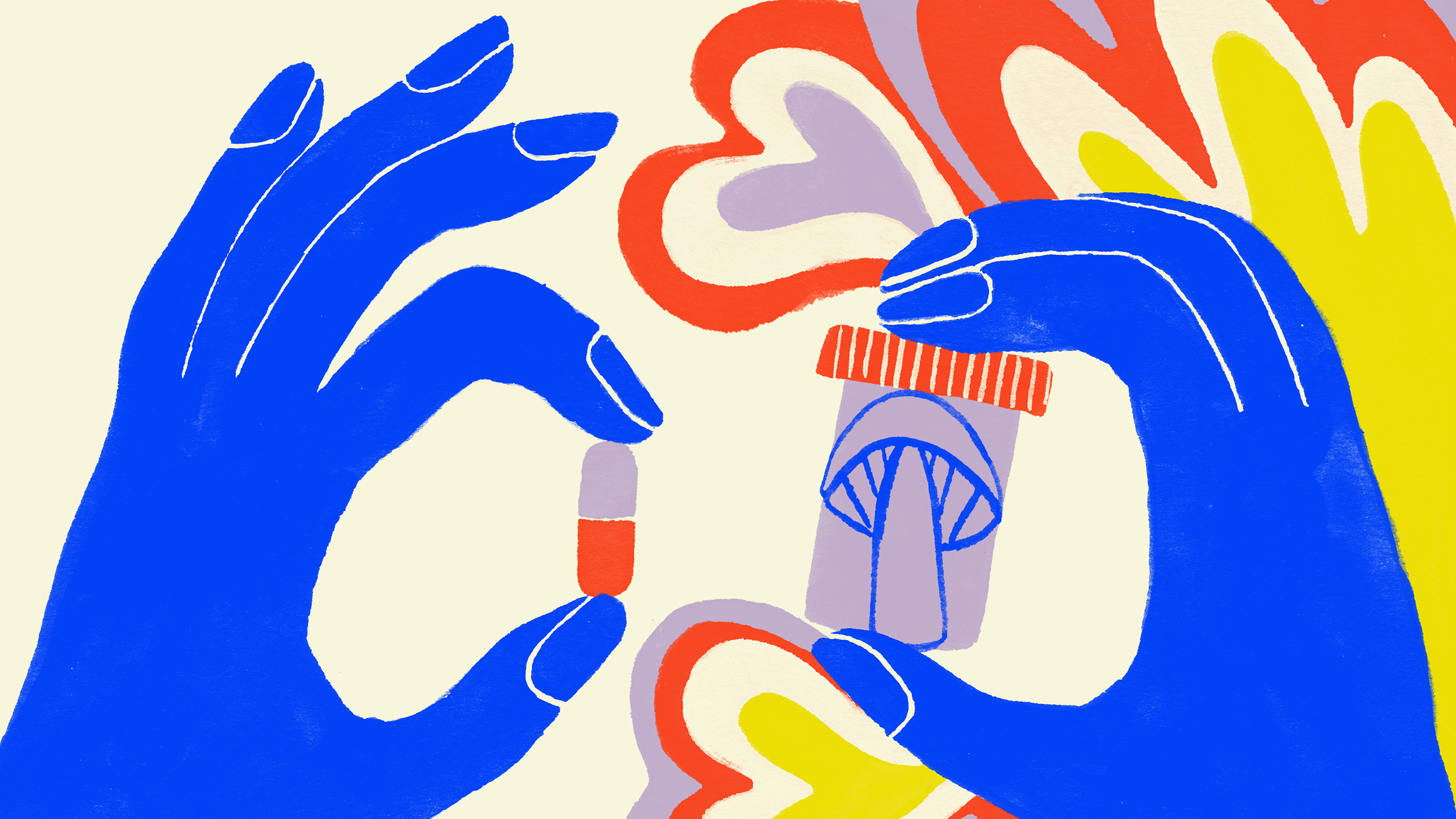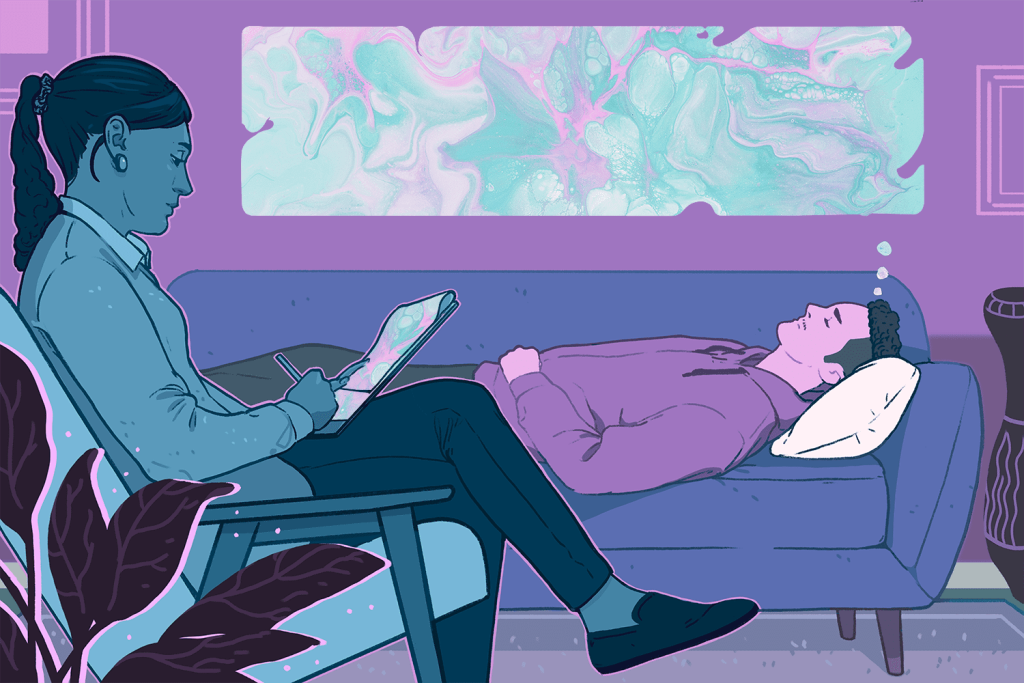
Psychedelics in Mental Health Therapy
In today’s fast-paced world, where stress and anxiety have become commonplace, the quest for innovative and effective solutions for mental health issues is more critical than ever. One such groundbreaking approach gaining momentum is using psychedelics in mental health therapy. In this article, we delve into the transformative potential of these substances and their role in revolutionizing mental health treatments.
The Resurgence of Psychedelic Therapy
Over the past few decades, the perception of psychedelics has evolved dramatically. Once associated with counterculture movements, these compounds are now gaining recognition for their therapeutic potential. Research is shedding light on how substances like psilocybin (found in magic mushrooms) and MDMA (commonly known as ecstasy) can be harnessed to alleviate mental health conditions.
Breaking Down Stigmas
Historically, psychedelics were met with skepticism and fear due to their recreational use and misconceptions surrounding their effects. However, contemporary research and clinical trials have demonstrated their ability to treat various mental health disorders, including depression, anxiety, PTSD, and addiction. As a result, these compounds are gradually shedding their stigma.
A Paradigm Shift in Mental Health Treatment
Traditional psychiatric medications often have a laundry list of side effects and limited effectiveness. In contrast, psychedelics offer a unique approach to healing. They don’t merely mask symptoms but facilitate a deep, reflective experience that can lead to profound psychological breakthroughs.

The Science Behind Psychedelic Therapy
Psychedelic-assisted therapy sessions are carefully structured and guided by trained professionals. These therapists create a safe and supportive environment for individuals to explore their thoughts, emotions, and traumas. When administered in a controlled setting, psychedelics can catalyze introspection and foster therapeutic insights.
Transitioning to a Brighter Future
The use of transition words is essential in ensuring the flow and coherence of this transformative therapy. Words like “moreover,” “in addition,” and “however” facilitate a seamless transition from one idea to the next. This enhances the readability and engagement of the content, allowing readers to absorb information effortlessly.
A Promising Outlook
In conclusion, the resurgence of psychedelics in mental health therapy offers hope for those seeking alternative treatments for their psychological struggles. With ongoing research and a shift in public perception, these substances are poised to play a significant role in the future of mental health care. The journey toward healing may be unconventional, but it holds the promise of unlocking doors to mental well-being that were previously thought to be closed.
As we embrace this innovative approach, we must acknowledge the potential risks and ensure that psychedelic therapy is administered responsibly and under professional guidance. The path ahead may be challenging, but it offers the potential for profound transformation in the mental health field.
